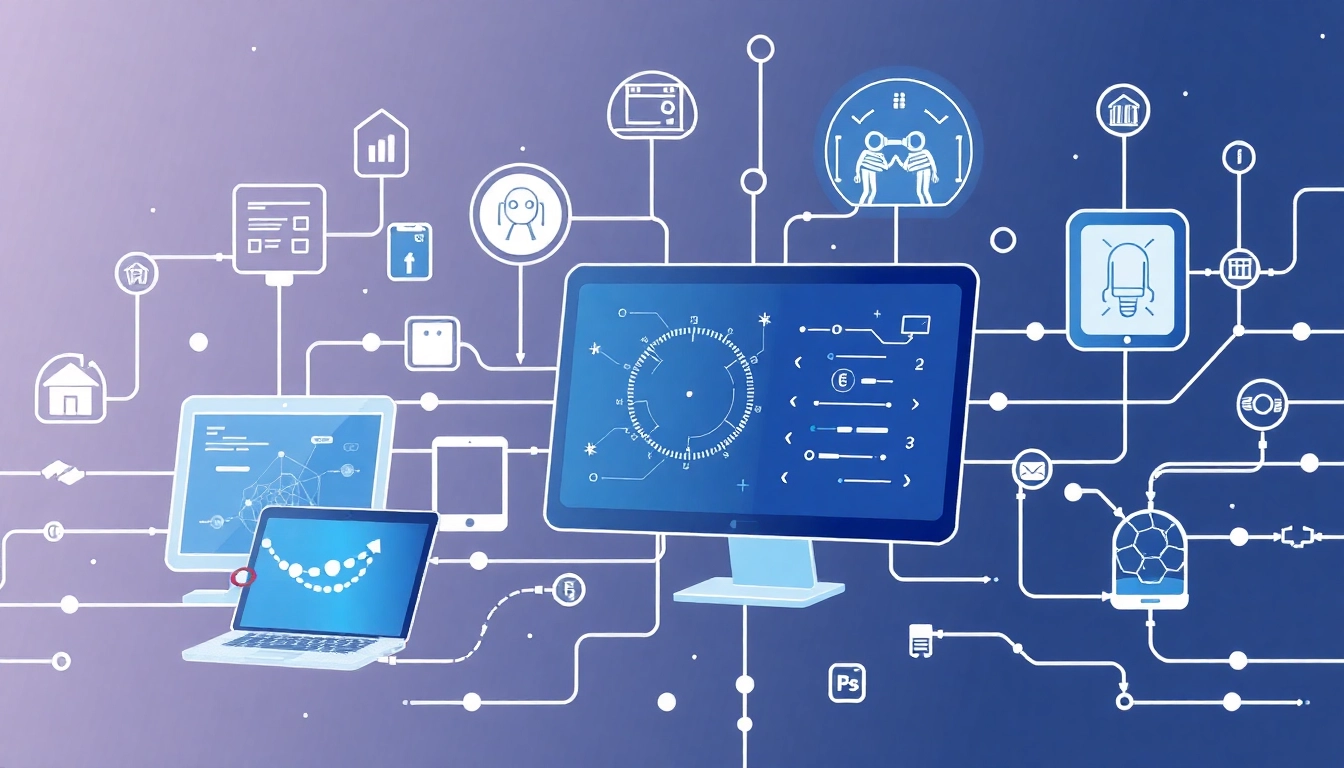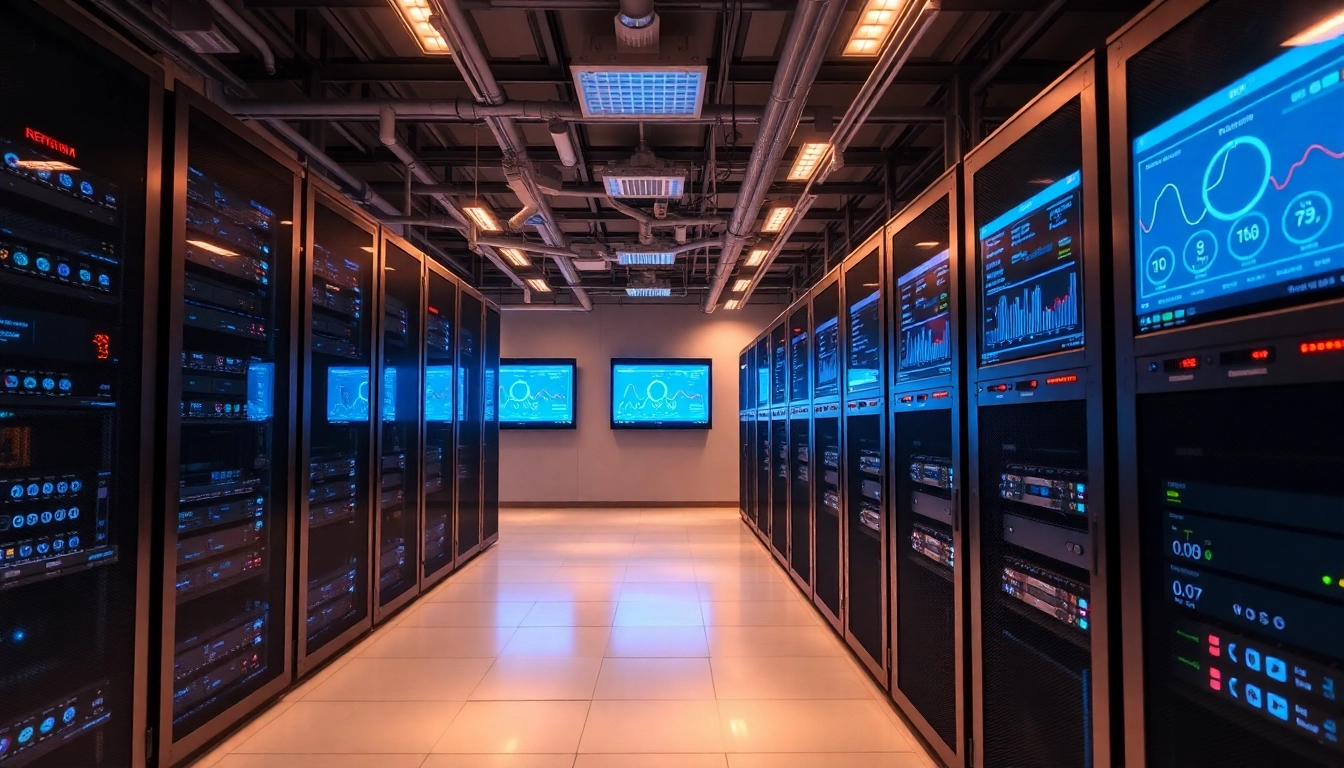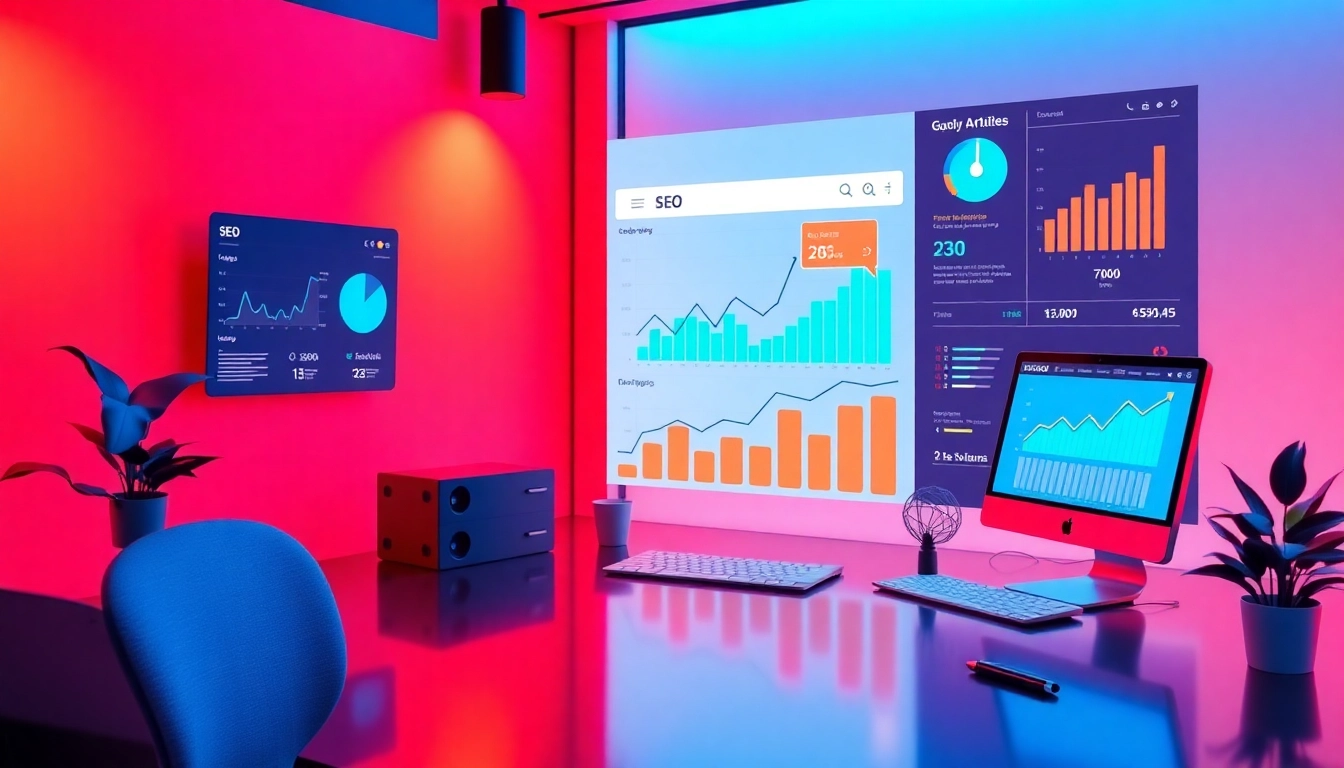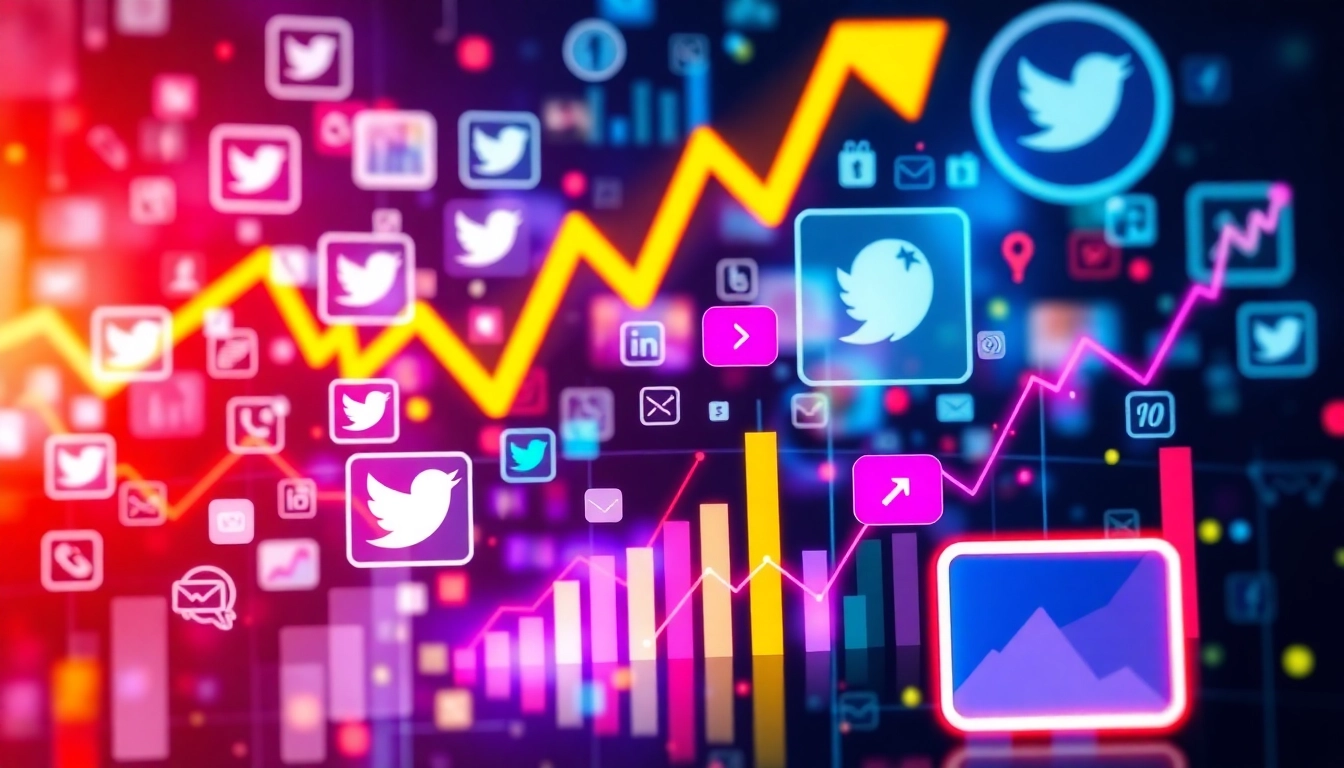In today’s rapidly evolving world, technology is more than just a tool; it is the driving force behind digital innovation, shaping industries, societies, and our daily lives. From artificial intelligence to IoT devices, technological advancements are transforming the way we communicate, work, and solve global challenges. Whether you’re a tech enthusiast, a professional, or simply curious about the future, understanding the scope and impact of modern technology is essential. In this comprehensive guide, we explore what technology encompasses today, how it influences our lives, the latest trends, and what lies ahead in the world of innovation.
1. What Is Technology? A Complete Definition
Understanding Technology: Basic Concepts
At its core, technology refers to the application of scientific knowledge for practical purposes. It includes tools, systems, and processes developed to solve problems, improve efficiency, or enhance human capabilities. Today, technology is intertwined with every facet of life—from smartphones and renewable energy solutions to sophisticated AI algorithms. It combines hardware, software, and human ingenuity to create solutions that meet societal needs.
Historical Evolution of Technology
The journey of technology spans thousands of years, beginning with the invention of simple tools in prehistoric times, progressing through the Industrial Revolution, and culminating in the digital age. Key milestones include the invention of the wheel, printing press, electricity, computers, and the internet. Each phase brought about transformative societal shifts, paving the way for emerging technologies like artificial intelligence and quantum computing.
Significance of Technology in Modern Life
Today, technology influences almost every aspect of our lives: from how we communicate and learn to how we manage health and conduct business. It fosters innovation, boosts economic growth, and addresses complex challenges like climate change and global health crises. Without continuous technological progress, modern society would lack the efficiency, connectivity, and sustainability we often take for granted.
2. Types and Categories of Technology
Information and Communication Technology (ICT)
ICT encompasses digital tools used for information processing and communication. This includes computers, smartphones, internet infrastructure, and software applications. It has revolutionized how we share information, enabling instant communication across the globe, and continues to evolve with advancements like 5G networks and cloud computing.
Biotechnology and Medical Tech
Biotechnology merges biology with technology to develop medical treatments, enhance agricultural productivity, and address environmental issues. Recent breakthroughs include gene editing (CRISPR), personalized medicine, and wearable health devices that monitor vital signs in real-time.
Manufacturing and Industrial Technology
This category involves automation, robotics, and smart manufacturing systems. The rise of Industry 4.0 enables factories to become more efficient, adaptive, and sustainable through IoT integration, AI-driven analytics, and additive manufacturing (3D printing).
3. How Technology Influences Society and Economy
Technological Innovation and Economic Growth
Technological advancements are primary drivers of economic development. They create new industries, improve productivity, and generate employment opportunities. For example, the tech industry itself has become a cornerstone of modern economies, with emerging sectors like fintech and renewable tech leading the way.
Impact on Daily Life and Work
From remote work tools to smart home devices, technology has redefined daily routines. Automation and AI are streamlining workflows, while digital platforms facilitate global collaboration. However, these changes also pose challenges like job displacement and privacy concerns.
Addressing Digital Divide and Ethical Challenges
While technology brings enormous benefits, it also raises ethical issues—such as data privacy, cybersecurity threats, and inequality in access. Bridging the digital divide is crucial to ensure equitable growth and prevent societal fragmentation.
4. Emerging Technologies & Future Trends
Artificial Intelligence and Machine Learning
AI development continues to accelerate, leading to smarter algorithms capable of understanding, learning, and adapting. Applications range from autonomous vehicles to personalized shopping experiences. In 2024, AI is expected to become more integrated into daily devices, enhancing efficiency and decision-making.
Quantum Computing and Blockchain
Quantum computing promises to revolutionize data processing, enabling solutions to complex problems beyond classical computers. Blockchain technology is transforming finance, supply chains, and data security by providing transparent, tamper-proof ledgers.
Green Technologies and Sustainability
With climate change concerns mounting, green tech innovations like solar power, wind energy, and carbon capture are gaining traction. Technologies that promote sustainability are essential for a resilient future, with emerging trends focusing on energy efficiency and eco-friendly materials.
5. Frequently Asked Questions About Technology
What are the main types of technology?
The primary types include information and communication technology (ICT), biotechnology, manufacturing technology, and green technologies. Each category encompasses various tools and systems that serve distinct functions but collectively drive progress.
How does technology impact society?
Technology influences societal structures, economies, and individual behaviors. It enables connectivity, improves health outcomes, and fosters innovation. However, it also presents challenges like ethical dilemmas, privacy issues, and social inequality.
What are the future trends in technology?
Emerging trends include the proliferation of AI, quantum computing, IoT devices, blockchain applications, and sustainable tech solutions. These innovations will continue to reshape industries and everyday life in 2024 and beyond.
How can I stay updated with technological advancements?
- Follow reputable tech news sites such as TechDee, Wired, and The Verge.
- Subscribe to industry newsletters and blogs.
- Participate in online courses and webinars on emerging topics.
- Attend tech conferences and local meetups.
- Engage with communities on platforms like LinkedIn and Reddit.
What are common challenges associated with technology?
Challenges include cybersecurity threats, ethical concerns, digital privacy, technological unemployment, and the digital divide. Addressing these issues requires responsible innovation and informed policy frameworks.
Conclusion: Embracing the Future of Technology
Technology continues to be a catalyst for change, unlocking new possibilities and reshaping our world. Staying informed about emerging technologies and understanding their implications empowers individuals and organizations to adapt and thrive. As we look forward to 2024 and beyond, embracing digital innovation and technological advancements will be key to building a sustainable, inclusive future. For ongoing updates and insights, explore more at TechDee.













